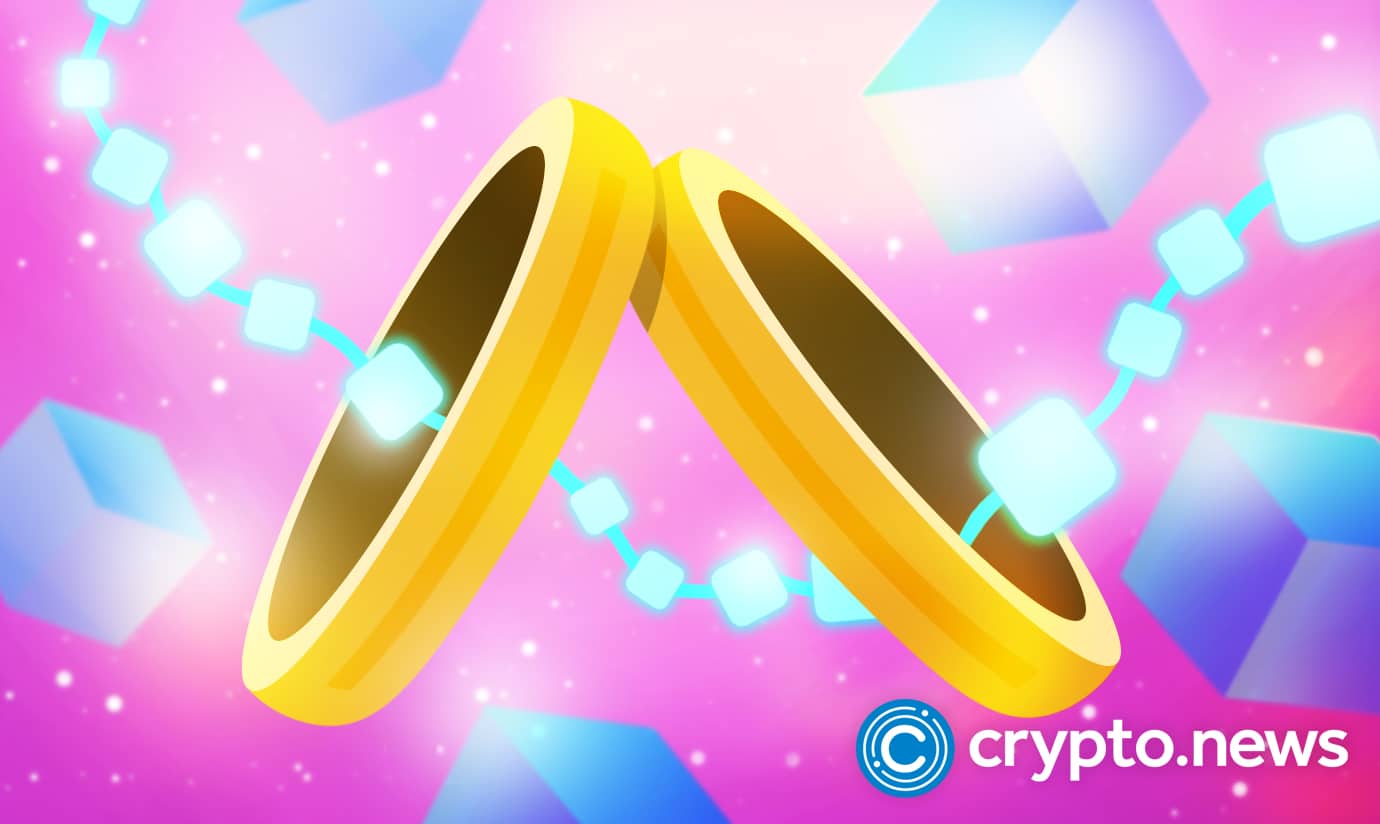Blockchain Can Bridge Consumption to Consciousness in the Jewelry Industry

The Covid-19 pandemic induced economic turmoil did a number on several industries and sectors. In some, it was very well documented and discussed, the most notable being blockchain and stocks. Though it’s worth noting that both had a tremendous run-up to the run-up to the record interest rate hikes by the US and many major governments. In some, it was low-key and went largely under the radar. A good example is the jewelry industry where prices in some of the most sort-out gems took a dip long before. For instance, sales of diamonds took a 5% plunge in 2019. Blockchain could usher in consumption consciousness in such industries, read on to learn how.
What Blockchain Brings to the Table
The jewelry industry prides itself on very old norms and traditions going back for decades, at times centuries. Such a status quo unfortunately doesn’t bode well with the current technological revolution. The adoption of blockchain promises to bring quite a lot to the table. They include;
Massive Market Expansion
Perhaps the most noteworthy benefit the jewelry industry stands to gain from blockchain adoption is market expansion. Stating it without using the word ‘massive’ is an understatement.
For starters, both marketers and manufacturers who have downstream vertical integration will find themselves with access to digital markets. They come with the benefit of being accessible to jewelry buyers worldwide in their comfort. It presents quite a huge break from the norms of international jewelry sales shows that offer a tight sales and networking window.
A new market will also be tapped into under such an integration. Blockchain investors are largely driven by earnings made from projected value gains, something they share with jewelry buyers. Those seeking to diversify their investment portfolio and thus risk would find jewelry that’s marketed on blockchain platforms as a more natural option. And it’s a large number, Bitcoin alone had a market of about 83 million unique investors with a total of $1 trillion in assets held at its peak. That’s worth 4 times more than the value of the entire Jewelry industry at the time of the peak, valued at $249 billion.
Elimination of Loopholes Conducive for Cons
A big issue plaguing most luxury goods markets such as jewelry, arts, and exclusive sports paraphernalia are fakes and counterfeits. Con artists wish to dupe unsuspecting buyers by duping them of hard-earned money. Even worse is the situation where ownership wrangles, usually via family feuds end up affecting a client’s ownership. For instance, a very well-known pink diamond named Princie was involved in a $40 million ownership battle after being sold to an unsuspecting buyer.
Had blockchain been incorporated that would be highly improbable. NFTs acting as the digital representation of the diamond would offer straightforward traceability. Whichever party claims to own the valuable rock can guarantee their position by owning the NFT attached to it. So whether it’s a party selling what they don’t own, or a party claiming to own what appears to have been traded without their consent, it can all be resolved in seconds.
Reduced Operational Costs and Risks
The jewelry trade industry is by all means a very expensive one. A large seller must book display space on one of the very expensive international sales shows, and that’s assuming there is an available slot, to begin with. From there, they have to sort the logistics of the valuable items which is costly due to the heavy security detail lest they get lost in transit.
All that and there is no guarantee that the items will be sold. Smaller players tend to rent out outlet space and hope that their location attracts customers. Security is a must since burglars are attracted to jewelry like flies to rotting meat, more so due to their small size but high value.
With blockchain-powered digital representatives of the jewelry being marketed on online platforms, all these issues simply evaporate. There is no need for one to transport what hasn’t been sold, reducing costs as well as the associated risks. For small players, having an online platform is cheaper than renting out outlet space to set up a jewelry market space, it’s also a lot more secure. Having an outlet plus the NFT marketplace also significantly brings down the marginal costs, boosting profit margins.
Integration With Other Industries
Creating an NFT attached to a jewel does much more than just creating a digital copy of the item. It links up two very different industries, enabling more cooperation and availing the benefits of either to both.
Jewel marketers will have the option of either participating in NFT creation or outsourcing it to a third party. Similarly, an NFT creator can opt to venture into the jewelry industry and get their stock, or be the contracted 3rd party NFT creator for a jewelry marketer. The NFT industry is currently one of the most vibrant in blockchain, which in turn is one of the most disruptive innovations, it is bound to inject vibrancy into the jewelry industry.
In addition to just the NFT tech industry, the Jewelry industry is bound to be heavily integrated into the financial sector. Since NFTs are the brainchild of Decentralized Finance. It isn’t unfounded to envision a dedicated blockchain with a consensus protocol optimized for the trade. Jewelry sellers will be directly linked to financial services such as staking and self-repaying loans amongst others.
Author’s Note
Change has always been a difficult step to take for it involves moving into the unknown, but it is inevitable. Failure to adapt to changes never bodes well for anyone or industry for that matter.
The jewelry industry has enjoyed good growth figures over time, no don’t about that, and its valuation may double by 2030 to a projected $513.9 billion. Its relative value amongst luxury purchases with good value appreciation over time is increasingly losing ground to other options like crypto or stocks. An integration into blockchain has so many benefits in the industry as explained, that it will breathe in consumption to consciousness in the industry.














